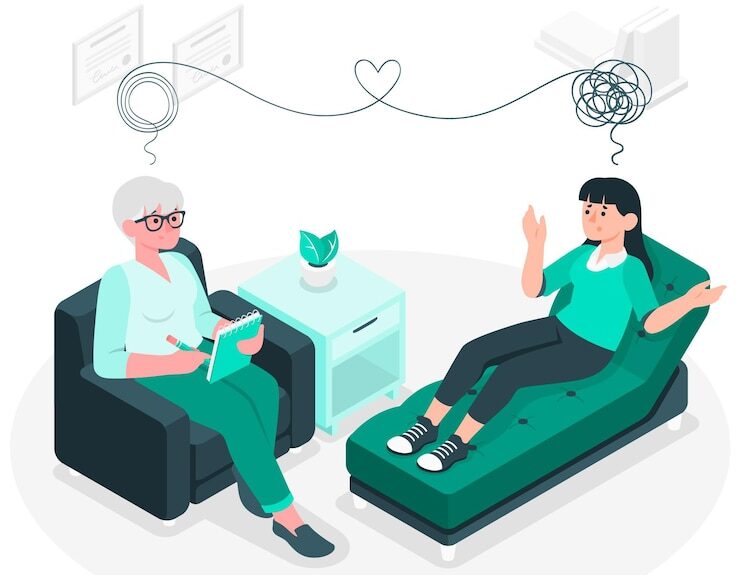Why Therapy Is Challenging but Worth It
Your mental health is integral to your overall well-being. When you are feeling good mentally, you are more likely to be happy and enjoy life. You will be more productive and have better relationships when you are feeling good mentally. Conversely, when you are struggling emotionally, it can be not easy to enjoy life and be productive. You may also find it difficult to maintain healthy relationships. One of the best ways to address mental health issues is through therapy. Treatment can make a meaningful difference in your quality of life, though it can be difficult at times. If you want to learn more, read on to find out why therapy is challenging but worthwhile.
Why is therapy challenging but worth it?
Therapy can be difficult because it forces people to confront the issues that they have been avoiding. The therapist is an impartial observer who is not affected by the client’s behaviour, which can be confronting. The therapist’s job is to help the client understand their behaviour and how it affects others. A quick search for “therapist near me” should provide some options for individual therapy in your area.
There are many different types of therapy, and you should look for a therapist who has years of experience treating issues similar to the ones you’re experiencing. Though treatment can be difficult, the process is easier when you have a psychologist or psychiatrist that you trust.
Therapy involves exploring difficult emotions and experiences with a therapist in order to gain insight and develop new strategies for coping. Therapy can help you understand yourself better, work through unresolved issues, and improve your relationships. It can also be useful for managing stress and anxiety.
It can be painful to explore the things that are causing you pain or distress. You may feel like you’re dredging up old wounds or that you’re not making progress. Remember that therapy is a process, and it’s often necessary to go through some tough times in order to see real change.
By working through the challenges of therapy, individuals can gain a better understanding of themselves and their relationships. They can also learn how to cope with difficult emotions and situations more healthily. Ultimately, this leads to a more fulfilling life both inside and outside of therapy.
How else can you take care of your mental health?
There is a growing body of research that indicates that exercise can have a beneficial effect on your mental health. Exercise can boost your mood, increase your energy levels, and reduce stress. Exercise should be considered a helpful supplement to other treatments, such as therapy or medication. Exercise should not be used as a replacement for these things. Instead, it should be used as an additional tool to manage your mental health. If you’re new to working out, start slowly. You don’t want to push yourself too hard and end up hurting yourself or feeling discouraged.
Sleep deprivation is one of the most common problems that can lead to poor mental health. When you are tired, your body and mind are not functioning at their best. You may be more irritable, have trouble focusing, or feel more stressed. All of these can lead to negative emotions and affect your mental health. Chronic sleep deprivation can also lead to serious mental health problems like depression and anxiety. When you are exhausted, your brain is not able to function as well and may be more prone to mood disorders. If you’re having trouble sleeping, talk to your doctor as soon as possible about finding a solution.
Despite the challenges involved in therapy, it is worth it for those who are willing to engage in the process fully—clients who make progress in treatment experience greater self-awareness, improved relationships, and reduced stress levels.
They also tend to have a more positive outlook on life and are better equipped to handle adversity. For these reasons, therapy should not be viewed as a daunting or impossible task – rather, it is something that can bring benefits if approached with an open mind and willingness to grow. Follow the advice in this article, and you’ll be on your way to becoming the best version of yourself.
















